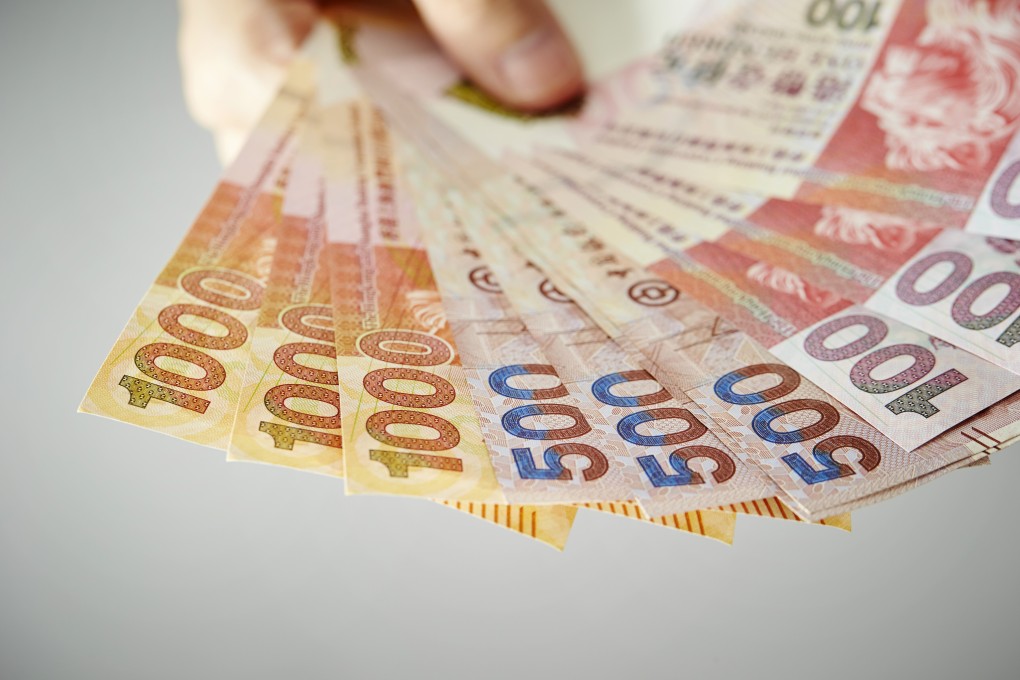My Take | Never a good idea to bet against the HK dollar
- Short-seller Kyle Bass, backed by one-time Trump pal and White House adviser Steve Bannon and fugitive billionaire Guo Wengui, has learned it the hard way

Most people don’t like short-sellers. I have a grudging admiration for a few of them. Others, not so much.
Few people would remember Sino-Forest today; I wish I could forget all about it. The bust in the early 2010s of this fraudulent company that claimed to own large swathes of forest for wood production in southern China marked the first big loss I had in the stock market; I am a serial loser when it comes to investing. I really should stop if I want to retire with a proper roof over my head.
For all that, I have to thank Carson Block, the US short-seller. He exposed Sino-Forest’s fake accounting claims. He did the research; countless other investors like me didn’t. Many of us thought it was the hottest ticket listed on the Toronto Stock Exchange.
Block has legions of enemies in China; some have reportedly threatened to kill him, as he has repeatedly singled out dodgy mainland companies, which he often successfully shorted. I think Sino-Forest might have been the kill that made his name. Hat tip!
Kyle Bass, another short-seller, is something else. I had to search for the popular German word schadenfreude when I read a hedge fund he managed lost more than 95 per cent of the US$30 million it invested, mostly by betting against the Hong Kong dollar after the breakout of violent social unrest in 2019. Two of his backers were former Donald Trump White House adviser Steve Bannon and fugitive billionaire Guo Wengui. In a related case, companies associated or controlled by Guo and Bannon have agreed to pay about US$539 million in a settlement with the US Securities and Exchange Commission (SEC) over claims that the companies illegally sold shares.
During the unrest, many Western commentators were declaring “the end of Hong Kong”; some still are. But Bass did one better by putting his money – well, investors’ money anyway – where his mouth was and went all out betting on a de-pegging of the Hong Kong dollar from the greenback under the linked exchange rate system, also called the currency board.
